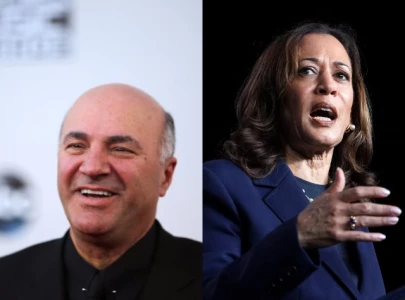
Judge Bashir had earlier reserved the verdict after hearing arguments from both sides. The Sharif family members had sought an exemption from June 11 to June 16, and the exemption petition submitted also had Kulsoom's medical report attached.
‘Unknown forces’ operating in the country, says Nawaz after journalists harassed
The ousted premier's son-in-law, Capt (retd) Safdar also requested for an exemption during the hearing of the corruption references filed against the Sharif family by the National Accountability Bureau (NAB) under directions from the Supreme Court (SC).
With the deadline set to expire on June 9, Judge Bashir decided on Monday to seek another extension for the ongoing trial from the Supreme Court. During the hearing of Al-Azizia and Hill Metal Establishment reference, the judge remarked that he would write a letter to SC for another extension.
Earlier in March, the SC had granted a two-month extension to the accountability court to wrap up the proceedings. When the references could not be completed in the stipulated time, the SC had granted one more month to decide the references.
As the one-month deadline expires, the court has yet to record statements of key NAB witness Wajid Zia in one reference (Flagship reference) and two investigation officers in the Al-Azizia, Hill Metal Establishment and Flagship references.
Country again being plunged into darkness, says Nawaz
Once the statements are recorded, the defence counsel Khawaja Haris would cross-examine the witnesses. Subsequently, the accused standing trial would record their statement in the references and produce witnesses in their defence and if needed, NAB and the defence counsel would present arguments in the cases.
Following the arguments, both the parties would give a rebuttal and then the court is expected to reserve verdict and go for pronouncement of judgment.




1732745394-0/Diddy-(4)1732745394-0-165x106.webp)












COMMENTS
Comments are moderated and generally will be posted if they are on-topic and not abusive.
For more information, please see our Comments FAQ